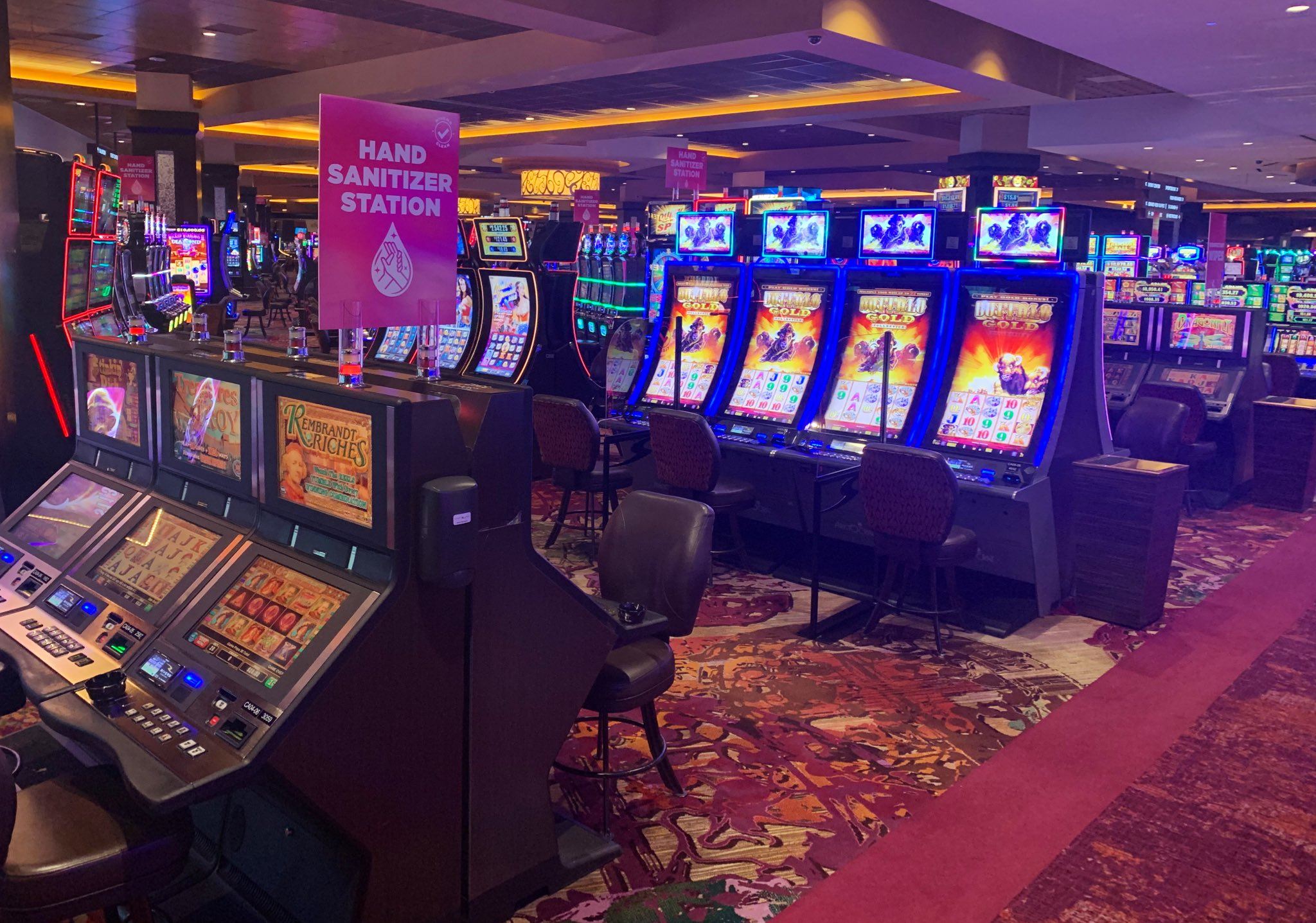
Gambling games have long enthralled gamblers from all walks of life, drawing them into vibrant casinos filled with the sounds of spinning wheels, clattering chips, and cheering crowds. The thrill of chance and the allure of potential winnings create an exhilarating atmosphere that keeps players returning for more. Whether it is the thrill of a slot machine, the strategic play of poker, or the anticipation of a roulette wheel, casino games offer a distinct combination of fun and risk that can be hard to ignore.
At the heart of this fascination lies a psychological pull that varies from person to person. For some, the rush of hitting a jackpot can elevate their mood, while for others, it’s a social experience that brings friends together. fb88t2.club The colorful visuals, engaging sounds, and sometimes lavish environments of casinos greatly improve the appeal, making each visit an experience waiting to unfold. As we explore why gamblers are drawn to these games, we uncover the deeper motivations and emotions that fuel their passion for the betting tables.
The Psychology of Gambling
The appeal of casino games frequently stems from the complex psychology of gambling itself. Many people are attracted to the excitement of risking money for the opportunity of winning more, as it connects with a deep-seated human desire for thrill and reward. This rush can create a powerful emotional experience. The combination of risk and potential monetary gain can stimulate a dopamine surge, making players feel exhilarated. Esports FB88
Furthermore, the design of casino games is engineered to keep players involved. The use of vibrant lights, enthralling sounds, and the social atmosphere of casinos can enhance the excitement. Players frequently find themselves immersed in these environments, where the expectation of a win encourages them to return. This sensory stimulation encourages prolonged play, as the immediate feedback from wins, however insignificant, reinforces the desire to gamble more.
Finally, mental shortcuts play a significant role in gambling behavior. Many gamblers fall prey to the belief in control, believing they can affect outcomes even in games of luck. This belief can lead to overconfidence and the persistence of play, despite mounting losses. Additionally, gamblers typically recall their wins better than their losses, which can distort their perception and enhance the desire to gamble more. This intricate interplay between emotions and cognitive factors helps clarify why so many are drawn to casino games.
The Appeal of Gambling Settings
The vibe of a gambling establishment is exceptionally enchanting, luring in gamblers with its mix of anticipation and anticipation. The visuals and auditory experiences of spinning slots, cheering gamblers, and the steady clatter of cash create an engaging experience that is hard to ignore. The bright lights and animated arrangement foster a sense of vitality that keeps gamblers engaged and invites them to remain longer. This captivating setting contributes to the overall appeal of casino experiences, enticing both inexperienced and seasoned gamblers alike.
In addition, gambling venues are engineered to engage the five senses in a way that makes gamblers feel as though they are embarking on a fantastic expedition. The strategic positioning of gaming options, inviting areas, and on-the-house refreshments enhance the overall value, making gamblers feel appreciated and treated well. Many gaming centers also feature themed furnishings and intricate motifs that carry visitors to different worlds, amplifying the thrill. Such atmospheres foster a sense of escapism, allowing gamblers to forget their everyday existences and plunge into the exhilarating world of chance.
Finally, the aspect of additional participants amplifies the communal aspect of gambling, creating a collective excitement. Interactions among participants, whether through friendly banter or collective joy during a significant success, cultivate a feeling of bonding that many find appealing. This interpersonal connectivity enhances the experience of enjoying gambling activities, transforming it from a solitary activity into a joint adventure. The mixture of thrill, engaging environments, and interpersonal ties makes gaming venues an unmissable place for gamblers seeking recreation and a opportunity to profit.
Comprehending Gambling Dynamics
Gaming experiences are designed with specific mechanics that attract players. All games has its specific set of rules, wagering schemes, and probability ratios, allowing players to engage with the game on diverse levels. The thrill of placing a bet and the anticipation of the outcome creates an exciting atmosphere. Grasping these mechanics can enhance a player’s appreciation for the game and enhance their overall experience.
Another crucial aspect of game mechanics is the idea of randomness. Many casino games, especially poker machines and table games, rely on randomizers or shuffling to determine outcomes. This randomness is what keeps players coming back; the unpredictable nature of the game creates a notion of anticipation and excitement. Knowing that each spin or hand is independent of the last contributes to the appeal, as players perceive they have a chance at winning, regardless of past outcomes.
Ultimately, the emotional response connected with game mechanics should not be overlooked. The excitement of a big win or the tension during pivotal moments are fundamental to the enjoyment of casino games. Such emotional highs and lows leverage psychological triggers that keep players engaged for extended periods. Understanding these emotional responses to game mechanics can help explain why players are attracted to the thrill of casino games, persistently seeking that upcoming exhilarating moment.